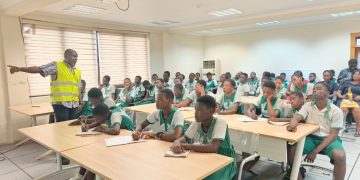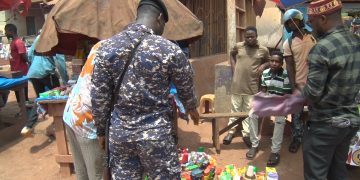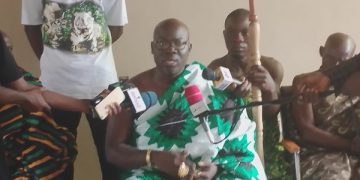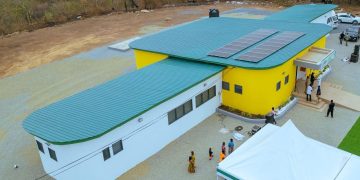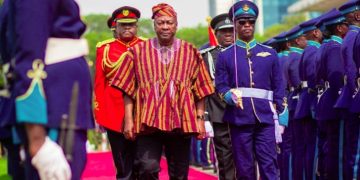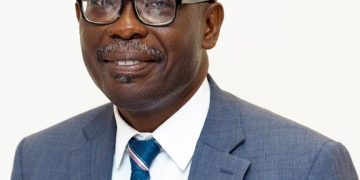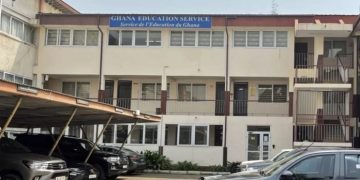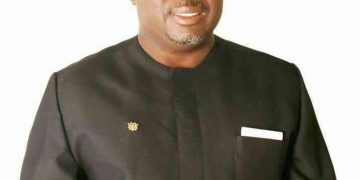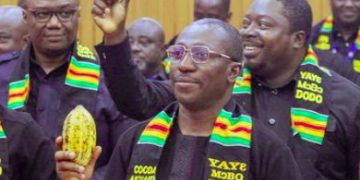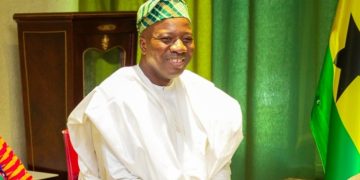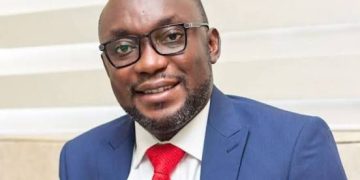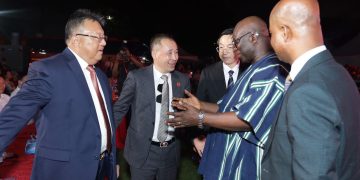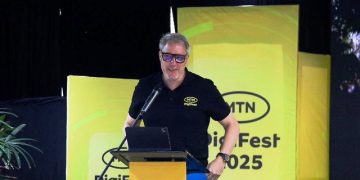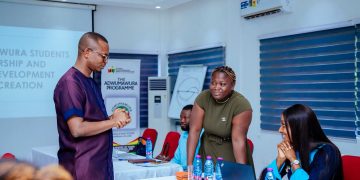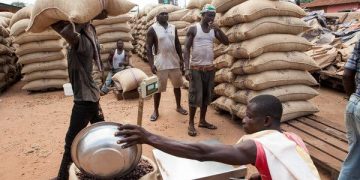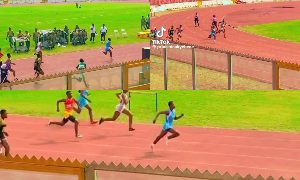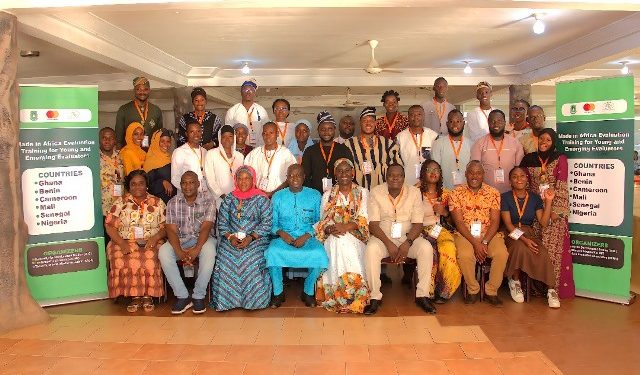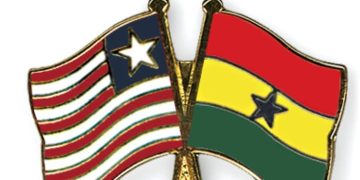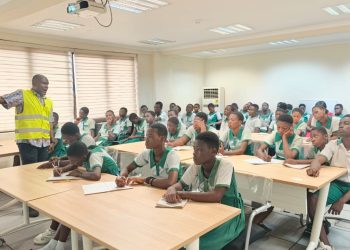Forty-five (45) young African evaluators have completed a ground-breaking programme that puts African values at the centre of development measurement.
After weeks of intensive training, fieldwork, and community engagement, participants from Ghana, Nigeria, Cameroon, Benin, Senegal, and Mali have graduated from the Made in Africa Evaluation (MAE) programme, equipping them to champion tools rooted in African realities rather than Western frameworks.
Organized by the University for Development Studies (UDS) with support from the MasterCard Foundation and the African Evaluation Association (AfrEA), the program aims to build local expertise and replace externally imposed evaluation methods that often overlook the social, cultural, and community-based indicators most relevant to African communities.
“At the heart of African development is the understanding that wealth is not just about income or property,” said Prof. Mamudu Akudugu, project lead. “In many communities, it’s reflected in social networks, family strength, community cohesion, and the number of dependents one supports. A purely Western lens cannot capture these realities.”
The MAE framework, tested in Ghana and Senegal, incorporates local norms, belief systems, and storytelling traditions. “The framework actively includes women, youth, the elderly, and persons with disabilities, making it one of the most culturally sensitive approaches on the continent,” explained Dr. Fadillah Mohammed, Senior Lecturer at UDS. Participants applied these methods during field visits, documenting change using tools grounded in African knowledge systems.
For many graduates, MAE was more than training – it was a call to leadership. “Tomorrow’s Africa will be shaped by youth,” said Dede Bedu-Addo, coordinator of the Ghana Monitoring & Evaluation Forum. “Empowering them with tools that honour Africa’s identity ensures our future is built on our own terms.”
Community participation is central to the MAE model. Evaluators co-design the process with local members, who help identify priorities, formulate questions, and provide evidence, including pictorial documentation, to show project progress. “It’s inclusive, transparent, and grounded in Ubuntu—the belief that ‘I am because we are,’” said Simon Awintuuma Ndewin of Ghana’s National Entrepreneurship and Innovation Programme.
For Seember Ishuh of the Society for Family Health Nigeria, the hands-on fieldwork was transformative. “Moving from theory to practice showed how effective and globally presentable the MAE approach is. We can now take these tools back home and ensure development truly responds to community needs.”
The initiative brought together UDS, the MasterCard Foundation, AfrEA, and a consortium of African consultancy institutions – including the Miller Institute for Transdisciplinary and Development Studies (Ghana), CAED (Cameroon), OKT-Consult (Mauritania), and Africa Consultants International (Senegal) – ensuring diverse regional perspectives were represented.
The graduation ceremony in Tamale, Ghana, marked more than the completion of a workshop – it heralded the rise of a new generation of evaluators committed to telling Africa’s development story from within. Equipped with culturally grounded skills, these young professionals are poised to reshape development discourse, ensuring progress is measured not just by external standards, but by what truly matters to African communities.
Source: www.Kumasimail.com /JosephZiem & Prince Dawda


